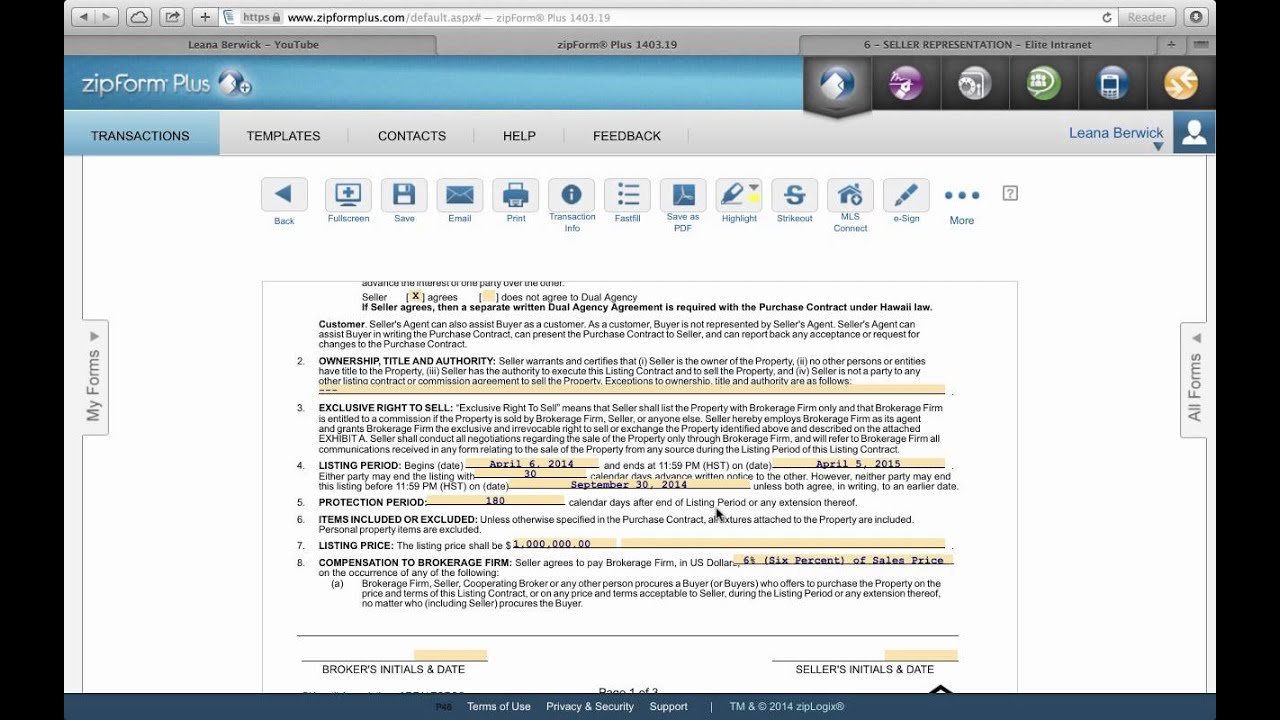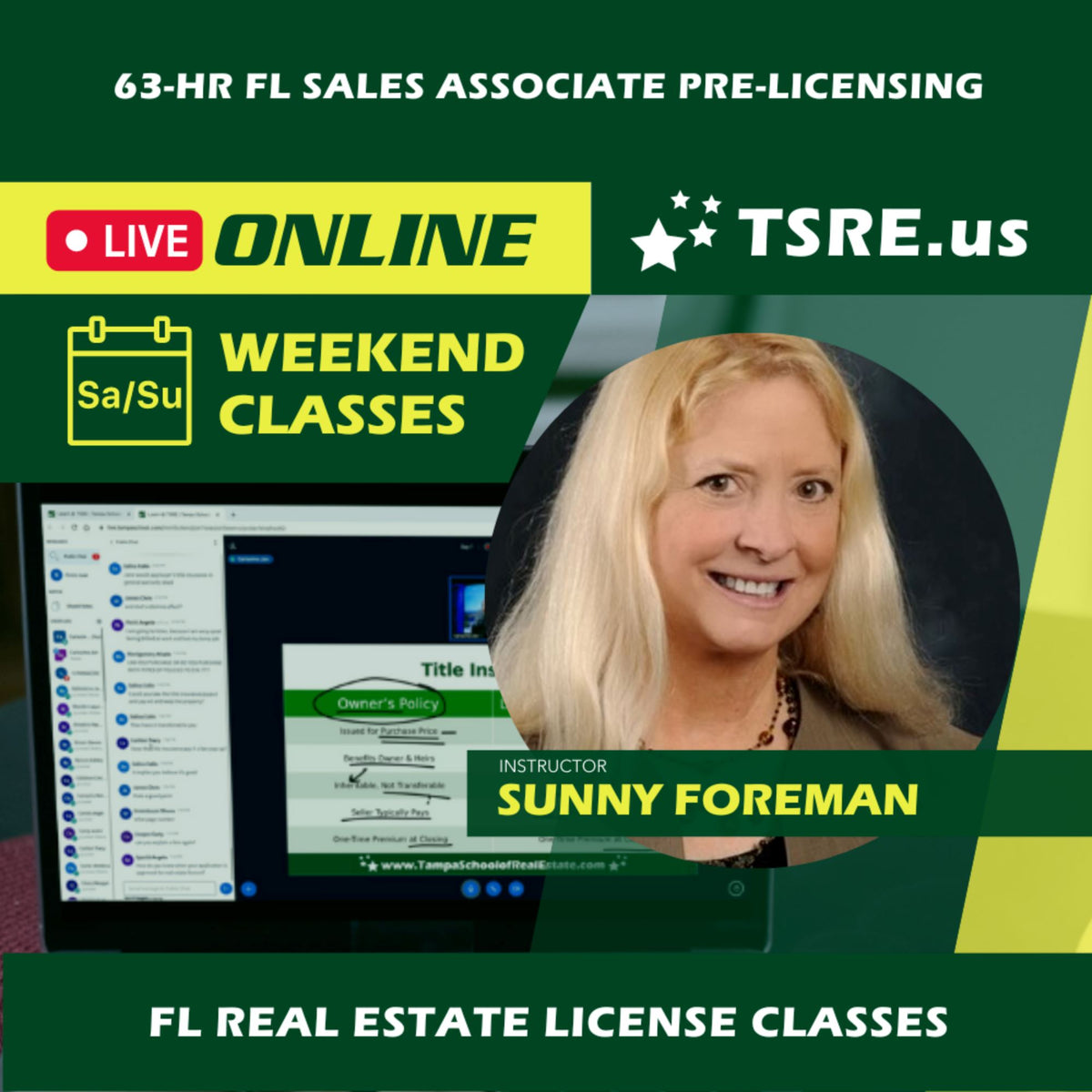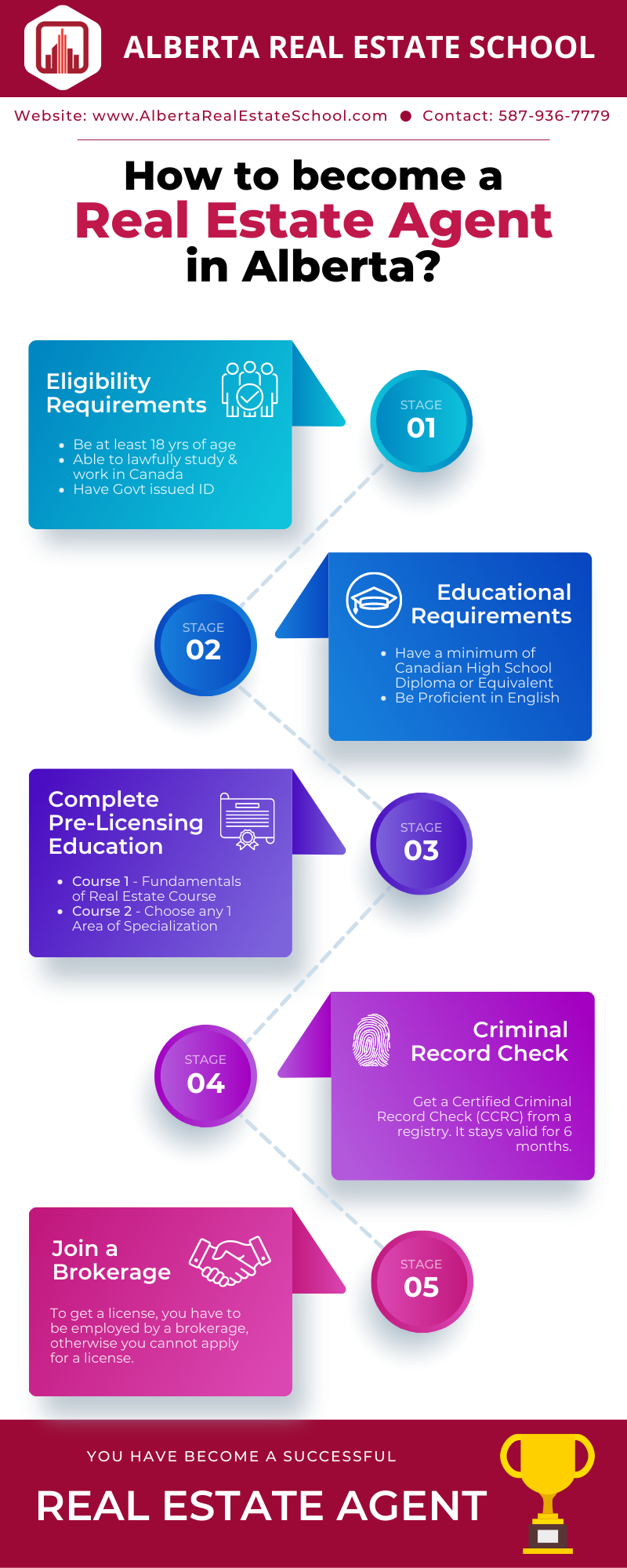
A Minnesota license can be obtained if you fulfill certain requirements. Minnesota Commerce Department works to ensure real estate agents have the necessary qualifications and are able to work in the State. These requirements include being at minimum 18 years of age and U.S. citizens, or legal aliens. Although citizenship is not an issue for most people, it could be a problem for those with criminal histories, unpaid judgments or disciplinary actions that are against their professional license. You should also be aware that you can't get a license for unlicensed real property activity.
Pre-license education
Pre-license education can be a key part of becoming an agent real estate in Minnesota. This can increase your chances of passing and help you avoid retaking the exam. Minnesota's licensing process for real estate agents takes about four months. You must complete the pre-license education course, pass the exam, and be sponsored by a licensed broker to license you.
Pre-license online courses are a great way for you to start your education towards your Minnesota realty license. Three 30-hour courses can be taken to help you get your license. These courses will cover topics such real estate principles and valuation, contracts, financing, among others. Online courses are available through providers such as ContinuingEd Express. They offer both online and live streaming courses.

You must continue your education
Minnesota real estate agents must complete at minimum fifteen hours of continuing education every year. It is 30 hours over a two year renewal period. You have many options to fulfill the real estate CE requirements, including live classes and on-demand webinars. Kaplan offers on-demand as well as live courses to meet state continuing education requirements. Kaplan's online courses can be approved for 3.75 hours real estate CE. They also qualify for fair housing credit and agency credit.
Minnesota Real Estate Commission recently adopted a new system to award real estate CE credits. Real estate licensees are required to complete at least eight hours of continuing educational in one day and no more than fifteen hours in a 24-hour time period. Minnesota's continuing learning requirements require that salespersons and brokers complete a CE module before they can become licensed. These courses provide 3.75 hours CE credit and must be completed prior to June 30, 2022. Online courses can be taken by anyone who does not have a live instructor. Most courses are self-paced, while some are live-streamed. Exam prep courses cover the state and national parts of the Minnesota licensing exams.
Exam
Examining to get a real estate license in Minnesota is a process that must be passed in order to practice in the state. This helps to protect the public by ensuring the individual has a certain level competence. The examination is used to determine if an individual follows the state's safe practice standard. Pearson VUE administers Minnesota's real estate licensing examination.
Minnesota requires applicants for real estate licenses to have taken a prelicense course and passed a state exam. The state mandates that applicants must be at the least eighteen and a lawful permanent residence of the United States. Minnesota has reciprocity agreement with several states, including Wisconsin. You don't need to take a Minnesota prelicensing class if you are licensed in a reciprocal country. Apply through the PULSE Portal, and you will receive a letter certifying that your license is current. Then, you can take the state portion of exam. In Wisconsin, however, you must take a 13-hour Wisconsin-to-Minneseta prelicensing course.

Cost
You must first obtain a Minnesota license to be a real-estate agent. The process is virtually completely online, with the exception of the actual exam, which must be taken in person. This article will give you the details of the process, including the cost and time it will take. We will also provide some resources and information about exam content.
The state of Minnesota requires that all real estate agents complete at least 90 hours of pre-licensing education. These can be obtained online or through classroom courses. The cheapest option is the online on-demand course. The average package contains three courses and costs between $200-300.
FAQ
How many times do I have to refinance my loan?
This is dependent on whether the mortgage broker or another lender you use to refinance. In either case, you can usually refinance once every five years.
What are the advantages of a fixed rate mortgage?
Fixed-rate mortgages allow you to lock in the interest rate throughout the loan's term. This means that you won't have to worry about rising rates. Fixed-rate loans come with lower payments as they are locked in for a specified term.
Should I use a mortgage broker?
If you are looking for a competitive rate, consider using a mortgage broker. Brokers can negotiate deals for you with multiple lenders. However, some brokers take a commission from the lenders. Before signing up, you should verify all fees associated with the broker.
How much should I save before I buy a home?
It depends on how long you plan to live there. If you want to stay for at least five years, you must start saving now. If you plan to move in two years, you don't need to worry as much.
What should you look out for when investing in real-estate?
The first step is to make sure you have enough money to buy real estate. If you don’t save enough money, you will have to borrow money at a bank. Also, you need to make sure you don't get into debt. If you default on the loan, you won't be able to repay it.
It is also important to know how much money you can afford each month for an investment property. This amount must be sufficient to cover all expenses, including mortgage payments and insurance.
You must also ensure that your investment property is secure. It would be best to look at properties while you are away.
Statistics
- This means that all of your housing-related expenses each month do not exceed 43% of your monthly income. (fortunebuilders.com)
- This seems to be a more popular trend as the U.S. Census Bureau reports the homeownership rate was around 65% last year. (fortunebuilders.com)
- Some experts hypothesize that rates will hit five percent by the second half of 2018, but there has been no official confirmation one way or the other. (fortunebuilders.com)
- Over the past year, mortgage rates have hovered between 3.9 and 4.5 percent—a less significant increase. (fortunebuilders.com)
- The FHA sets its desirable debt-to-income ratio at 43%. (fortunebuilders.com)
External Links
How To
How to Locate Real Estate Agents
The real estate agent plays a crucial role in the market. They are responsible for selling homes and property, providing property management services and legal advice. Experience in the field, knowledge of the area, and communication skills will make a great real estate agent. For recommendations, check out online reviews and talk to friends and family about finding a qualified professional. It may also make sense to hire a local realtor that specializes in your particular needs.
Realtors work with buyers and sellers of residential properties. A realtor's job is to help clients buy or sell their homes. In addition to helping clients find the perfect house, realtors also assist with negotiating contracts, managing inspections, and coordinating closing costs. A majority of realtors charge a commission fee depending on the property's sale price. Unless the transaction closes, however, some realtors charge no fee.
The National Association of Realtors(r), (NAR), has several types of licensed realtors. NAR requires licensed realtors to pass a test. Certified realtors are required to complete a course and pass an exam. Accredited realtors are professionals who meet certain standards set by NAR.